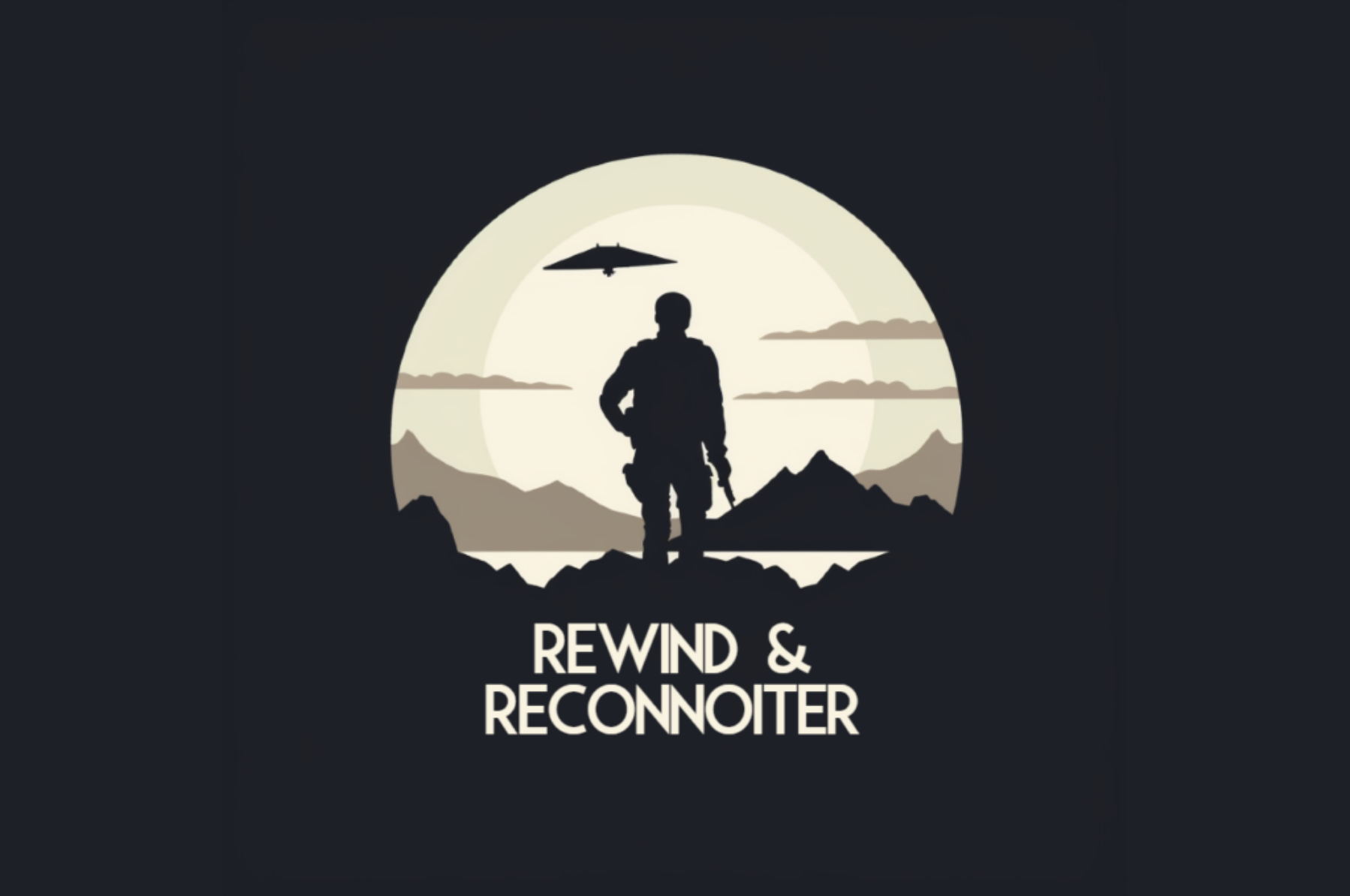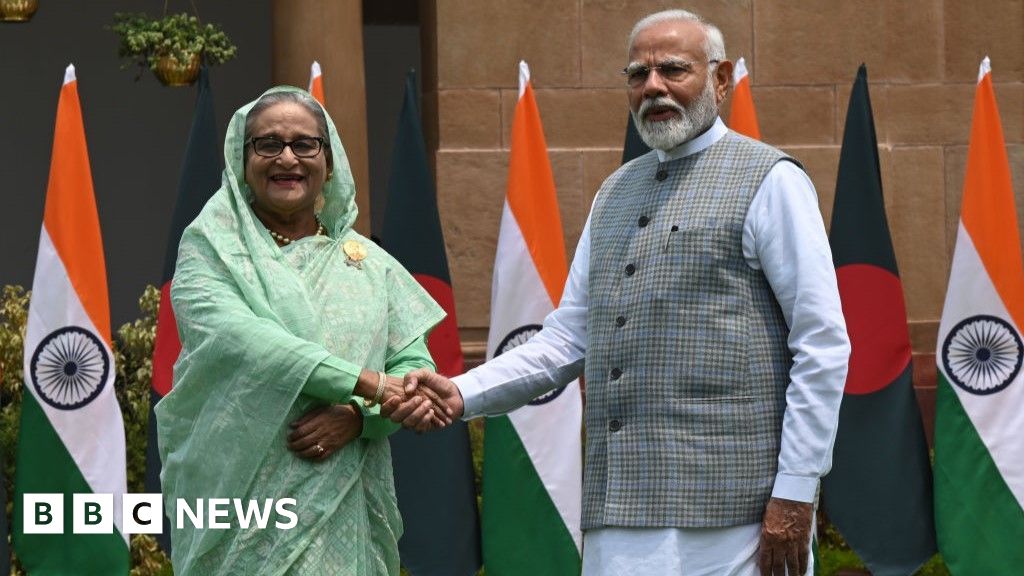Eerie pics show tribe posing with dead relatives dug up in ritual as corpses are dressed & given cigarettes
AN Indonesian tribe digs up their dead family members to pose with their corpses for photos in a bizarre ritual. The Torajan on the island of Sulawesi exhume their long-dead loved ones, dress them, and even give them cigarettes. Barcroft MediaThe Torajan clean their dead after exhuming their corpses[/caption] Barcroft MediaThe bodies are kept in coffins in the side of cliffs in between ceremonies[/caption] Barcroft MediaThe ceremony is known as the Ma’nene[/caption] Barcroft MediaOne picture shows a man lighting a cigarette for the corpse of his grandfather Songa who died in 1977[/caption] Known as Ma’nene, or ‘the Ceremony of Cleaning Corpses’, families gather to check on the mummified bodies of the dead once every few years in late August. Families exhume their ancestors, clean and redress them in new clothes, and parade them around the village in a celebration of lineage and continuity. The tradition has just been carried out by one village in the n

AN Indonesian tribe digs up their dead family members to pose with their corpses for photos in a bizarre ritual.
The Torajan on the island of Sulawesi exhume their long-dead loved ones, dress them, and even give them cigarettes.




Known as Ma’nene, or ‘the Ceremony of Cleaning Corpses’, families gather to check on the mummified bodies of the dead once every few years in late August.
Families exhume their ancestors, clean and redress them in new clothes, and parade them around the village in a celebration of lineage and continuity.
The tradition has just been carried out by one village in the north for the first time in 40 years, with the South China Morning Post catching it on video.
The Torajan, many who wear face masks, first remove the hundreds of dead relatives from caves dug into the side of a cliff.
Once the bodies are brought back to the village, the living relatives clean them with chemicals
One local, Samuel Matasak, said: “For the Torajan people, even after someone has passed away, we still fee a connection with the spirits of our ancestors.”
Yuliana Palino, another local, said: “The bodies are cleaned, their clothes are replaced, and the coffins can be replaced if they are damaged.
“Personally it is a joy for me that we can express our love for our deceased parents.”
The bodies are cleaned with a formaldehyde solution to mummify them and keep them from decomposing by the next ceremony.
Coffins are also repaired or replaced to stop the bodies from rapidly decomposing.
One picture shows a man lighting a cigarette for the corpse of his grandfather Songa who died in 1977.
Once the rituals are done the bodies are returned and the graves are resealed.
The tradition reportedly comes from a story passed down through generations.
One photgrapher said: “Back in the day, a hunter named Pong Rumasek roamed the hills of Toraja.


“He encountered an abandoned corpse lying under a tree. He gently wrapped the bones in his clothes and buried it.
“Just after this happening, he was blessed with lifelong luck and wealth. The rumour about the lucky hunter started to spread.
“Ever since, the Torajans believe the spirits will reward them if they care about their ancestors well.”
In Torajan society, death is not seen as an abrupt end but as a gradual transition, one that requires careful preparation and communal participation.
The dead are treated as merely “sick” or “asleep” until the family can afford an elaborate funeral, which can sometimes take years to prepare and cost thousands.
During this period, the deceased is kept in the family home, symbolically fed and cared for, reflecting the Toraja belief that the spirit of the dead remains close to the living.
When the time comes, the funeral is a massive affair, often lasting several days and attended by hundreds, sometimes thousands, of people.
Water buffaloes, highly valued in Toraja culture, are sacrificed in large numbers as part of the rites, their spirits believed to help transport the deceased to the afterlife.
The more buffaloes sacrificed, the higher the status of the deceased in the afterlife.
Who are the Torajan tribe?

The Torajan tribe are an ethnic group in Indonesia with about one million members who live on the island of Sulawesi.
Most of the Torajans are Christians, but some continue to hold on to their indigenous animist beliefs and follow traditions like the Ma’nene.
They are also known for intricate paintings and wood carvings that decorate the massive peaked buildings in their villages.
In their culture, a well preserved body brings good fortune, so they go to great lengths to keep the bodies clean.
The Torajan people believe that after death the soul remains in the house so the dead are given food, clothing, water and cigarettes.

















